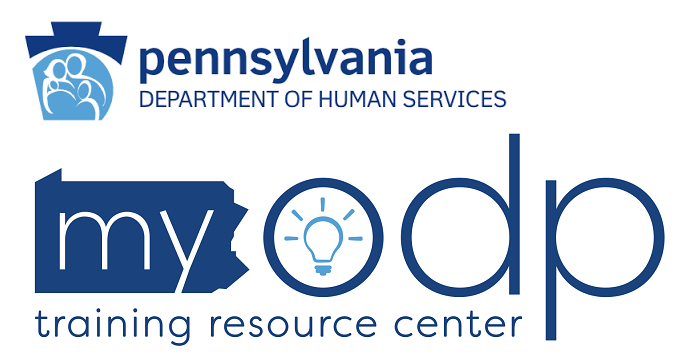Positive Approaches Journal, Volume 11, Issue 4
Positive Approaches Journal | 6-7

Volume 11 ► Issue 4 ► February 2023
Access, Empowerment, Experience: Driving Voice Behind Change
Introduction
Everyone advocates in their everyday lives, but for people with disabilities, advocacy can look different. From autism advocacy to peer-to-peer advocacy, family advocacy and more, advocacy means supporting someone in the way that works for them before it becomes a crisis and to enhance their life.
This issue of Positive Approaches focuses on the importance of advocacy through multiple perspectives and voices. It is important to teach all people about advocacy because advocacy connects people to their community and helps them navigate different service systems and everyday life. It is important to have access to advocacy resources to support people with activities such as going to the doctors, talking to police, and more. Advocacy includes the words people use, how they speak about disabilities, and how they speak about people with disabilities. Let advocates use their words freely. Let them choose the words and labels for themselves that work for them. Just because we do not share the same values, does not make someone’s chosen words and labels wrong. Everyone has a voice and deserves to be heard, and to live “my life, my way.” This can be accomplished through advocacy.
The first thought when someone needs support should not be to put someone in an institution or residential setting. We need to do a better job of looking at the things we do that keep people from self-advocating, and how we can encourage self-advocacy instead. We need to create more ways to enhance self-advocacy skills in all people. When being an advocate for someone else, it is important to be respectful of their life experiences and choices. It is important to consider the advocates preferences on how they want their family to be involved in their life.
The biggest barrier for me when I first started speaking up for myself was getting connected to people who would listen. I continued to speak up until someone listened and believed in me. Once I had that one person, I was able to get connected with other people who would listen. My life is different because I spoke up and advocated. Just look at me now: I’m one of the founders of Self Advocates United as 1 (SAU1) and was the president for 10 years. After serving as president, I became a mentor to our next president. I was then asked to become a member of SAU1’s staff because they did not want to lose my voice. As part of SAU1’s staff, I am still a leader in the organization today as the lead Power Coach and Ambassador.
The best people who support me to speak up are the people that I choose. These people are people that care, but also people who take time to listen and make sure they understand what I am saying. They help me get my words out instead of pretending they know what I said when they don’t.
The one piece of advice I would give to supporters of people with disabilities is to care about the job you do. If a supporter cannot demonstrate they care about the person’s voice, they cannot be successful in advocating for them. If the person cannot demonstrate they care, this job may not be a good fit for them. It is important to have caring support because people with disabilities need to be able to speak up about what they want and need and know that they are being heard and respected.
This issue will give readers an understanding of these parts of advocacy and more.
Oscar Drummond
Lead Power Coach and Ambassador
Founder and Past President of Self Advocates United as 1




